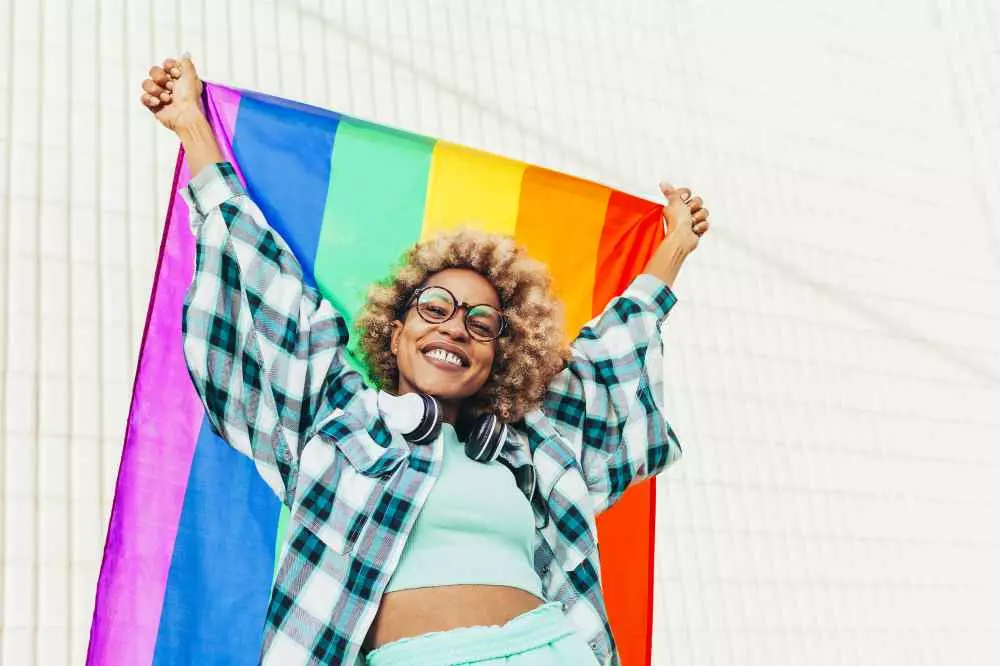LGBTQ+ Sexuality: Challenges and Health Issues
Introduction to the sexuality of LGBTQ+ people
The sexuality of LGBTQ+ (lesbian, gay, bisexual, transgender and queer) people is a topic that is gaining increasing attention in society. Unfortunately, there are still many challenges and barriers that these individuals must overcome on a daily basis. It is worth taking a look at both the social and health aspects of their sexual lives to better understand how they can be helped and supported in their struggle to normalize their needs and rights.
Social challenges related to sexuality
Unfortunately, LGBTQ+ people still experience many stereotypes and discrimination. Misunderstanding and lack of acceptance from society can lead to a lower quality of life and affect their mental health. Homophobia, transphobia and other forms of intolerance are common in many communities, resulting in social exclusion.

Violence against LGBTQ+ people is also an important aspect. They often become victims of assault on the basis of both their sexual orientation and gender identity. Such experiences can lead to depressive states, anxiety and even trauma.
Health issues and the sexuality of LGBTQ+ people
From a medical perspective, LGBTQ+ people may face a number of specific health issues. These include sexually transmitted diseases (STIs), which are often under-diagnosed due to the stigma surrounding this population group. Knowledge of the causes, symptoms and prevention of these diseases is vital.
Transgender people, in turn, have additional healthcare challenges. Many may need support with hormone therapy and surgery, which involves finding doctors who will be open to their needs and not judge their decisions.
Mental aspects of sexuality for LGBTQ+ people
Mental health is crucial to the quality of life of any person, especially LGBTQ+ people, who experience many stressful situations. The stress of hiding one's orientation, fear of rejection, and experiencing discrimination can lead to serious health problems.
It is worth noting that access to psychological and therapeutic support is often limited. The lack of professionals with experience working with LGBTQ+ people means that finding the right help can be difficult. This, in turn, aggravates the mental state of these people.
Education vs. sexual safety
Sexuality education, which also encompasses nonbinary and transgender orientations, is a key element in the fight for sexual safety for LGBTQ+ people. Adequate education can help them understand the health risks they may face, as well as promote healthy sexual practices and communication in relationships.
Many experts emphasize the importance of schools and community organizations in promoting knowledge about sexuality and health. Well-planned educational programs can significantly improve the situation of LGBTQ+ people and their integration into local communities.
Support for LGBTQ+ people
To improve the situation of LGBTQ+ people, it is important to implement support programs in various aspects of life. NGOs, support groups and educational institutions should be tasked not only with helping them fight for their rights, but also with promoting acceptance and diversity in society.
Social campaigns to minimize discrimination and promote acceptance of LGBTQ+ people also play an important role. These activities should target different age groups and backgrounds to reach the widest possible audience.
Summary
Sexuality for LGBTQ+ people is a challenging topic with both health and social issues. Knowledge and understanding of the issue are crucial in the struggle for acceptance and support for these people. The cooperation of different communities, institutions and organizations can contribute to a more just and open society, where all people can live in harmony with their identity and orientation.

Add comment